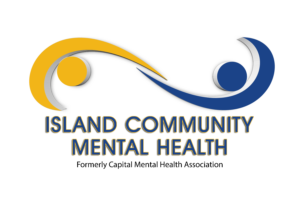A Most Misunderstood Illness
Borderline Personality Disorder: A Most Misunderstood Illness
by Perry D. Hoffman, Ph.D.,
President, National Education Alliance for Borderline Personality Disorder
Introduction
by Joyce Burland, Ph.D.
Director, NAMI Education, Training and Peer Support Center
There is perhaps no serious mental illness more maligned and misconstrued than borderline personality disorder. Years ago, when I started my clinical career, I was warned to “stay away from ‘Borderlines’.” Being of a suspicious nature, I began to search out information about this dread diagnosis, which was primarily attached to women, and carried with it such a blatantly stigmatizing reputation. As I began working with people with this disorder, I became aware of the enormous strength and resiliency they brought to the daily struggle of coping with the disruptive symptoms of the condition, and of the patience and loyalty shown by the families who loved and supported them.
Bringing this diagnosis out of the darkness is long overdue. Individuals and families living with the illness deserve current and correct information, and we must all advocate to dispel the myths which have made borderline personality disorder a “leprosy” of psychiatric diagnoses.
As part of the formal inclusion of borderline personality disorder in its list of priority populations in NAMI’s public policy platform, NAMI has invited Perry D. Hoffman, Ph.D., to write the article that follows. She is a pioneer in educating families about this disorder, and a prime mover in forming a collaborative effort with NAMI to increase visibility and understanding of this treatable mental illness.
To read more, click here.







